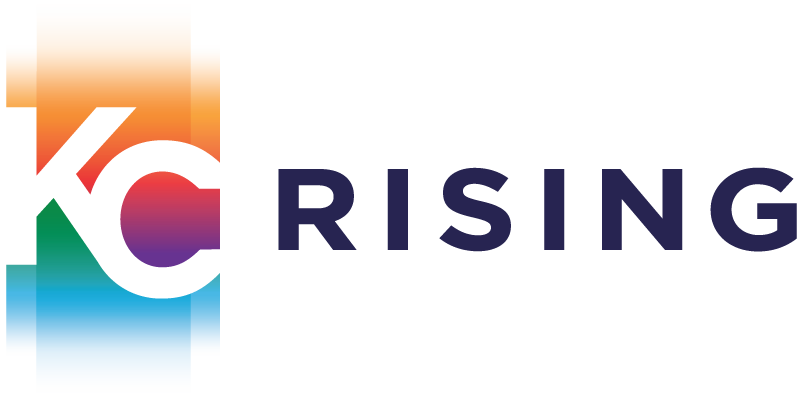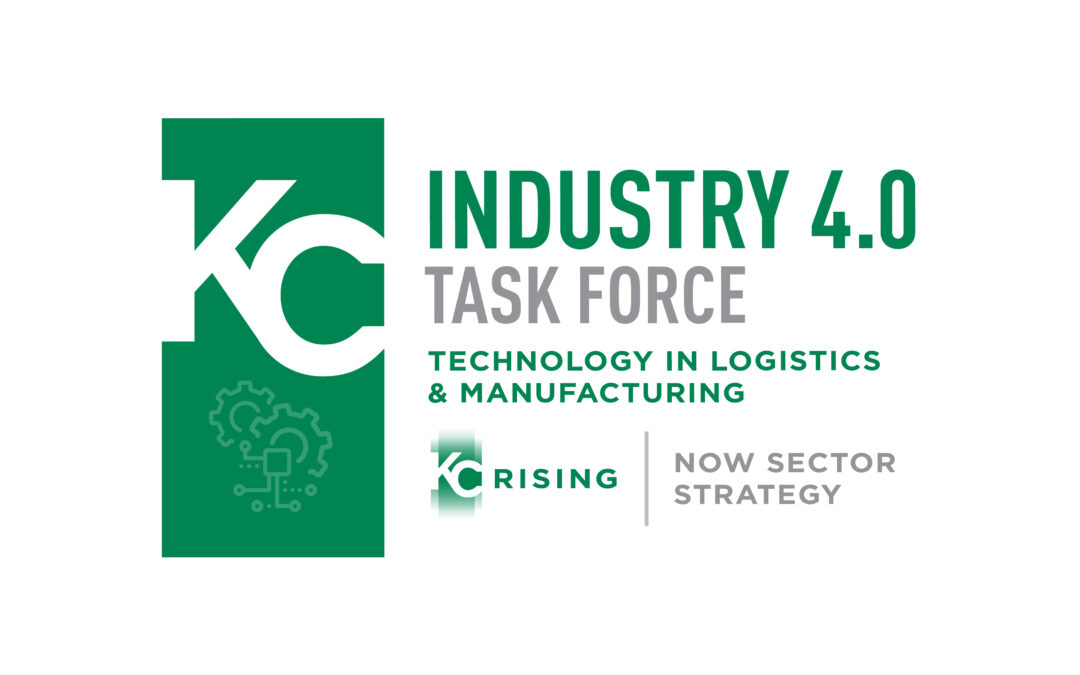We are in the 4th Industrial Revolution – or Industry 4.0. In 2016, the World Economic Forum predicted that in 10 to 15 years automation, robotics, and machine learning would have completely transformed manufacturing and many other industries.
COVID-19 accelerated this trend.
In November 2020, KC Rising asked area employers about the impacts of COVID on their business. Those in the manufacturing and distribution sectors confirmed that implementation and scaling of technology like artificial intelligence and robotics had rapidly increased. To meet consumer demand and adhere to physical distancing requirements, these industries are quickly adapting.
Some mega trends were noted in the discussion with employers in manufacturing and distribution:
- There was a significant move away from “just in time” inventory, which in-turn created an increased need for warehousing goods.
- Changes in purchasing habits through e-commerce have increased the need for new solutions around space management. Because consumers expect speed in delivery, distribution centers are increasingly localized.
- And technological innovations are emerging to forecast inventory needs by using predictive analytics for orders and supply chains. Basically, industry is getting better at predicting what you want and whether the supply exist to give it to you.
In these discussions around the distribution of goods it was clear that the future was more robotics, smaller and more frequent shipping, and next generation retail. Change is here to stay.
The robots are not taking over but the talent needed for Industry 4.0 manufacturing and distribution will require more specialized skills, as well as technical and mathematics expertise. These jobs are often considered a pathway to the middle class, and given us the chance to develop new career-building opportunities for ALL of our residents.
The Traded Sector Driving Committee was charged by the KC Rising steering committee to select a sector where KC has an existing strength, and ensure we are positioned to continue to be competitive. By recognizing where KC leads and can advance, we can unabashedly leverage those strengths to amplify Kansas City’s profile worldwide.
Traditionally, KC has had a strong concentration in manufacturing and distribution. Kansas City is in the middle of the U.S. with rail, water, highway/truck, and air access. Our location and the infrastructure that has been built is a differentiator for KC. With the growth of online sales in the U.S. we could build a node around the tech side of manufacturing and distribution that is estimated to be a $1 Trillion industry in the U.S. and $4.5 Trillion globally. To do this, we need to build the capacity to do inventory forecasting, develop our talent, and support additional cold storage facilities. As a collective, we must be vigilant in adapting to Industry 4.0, get ahead of the rapid changes, and ensure all of our citizens are represented for our collective success.

